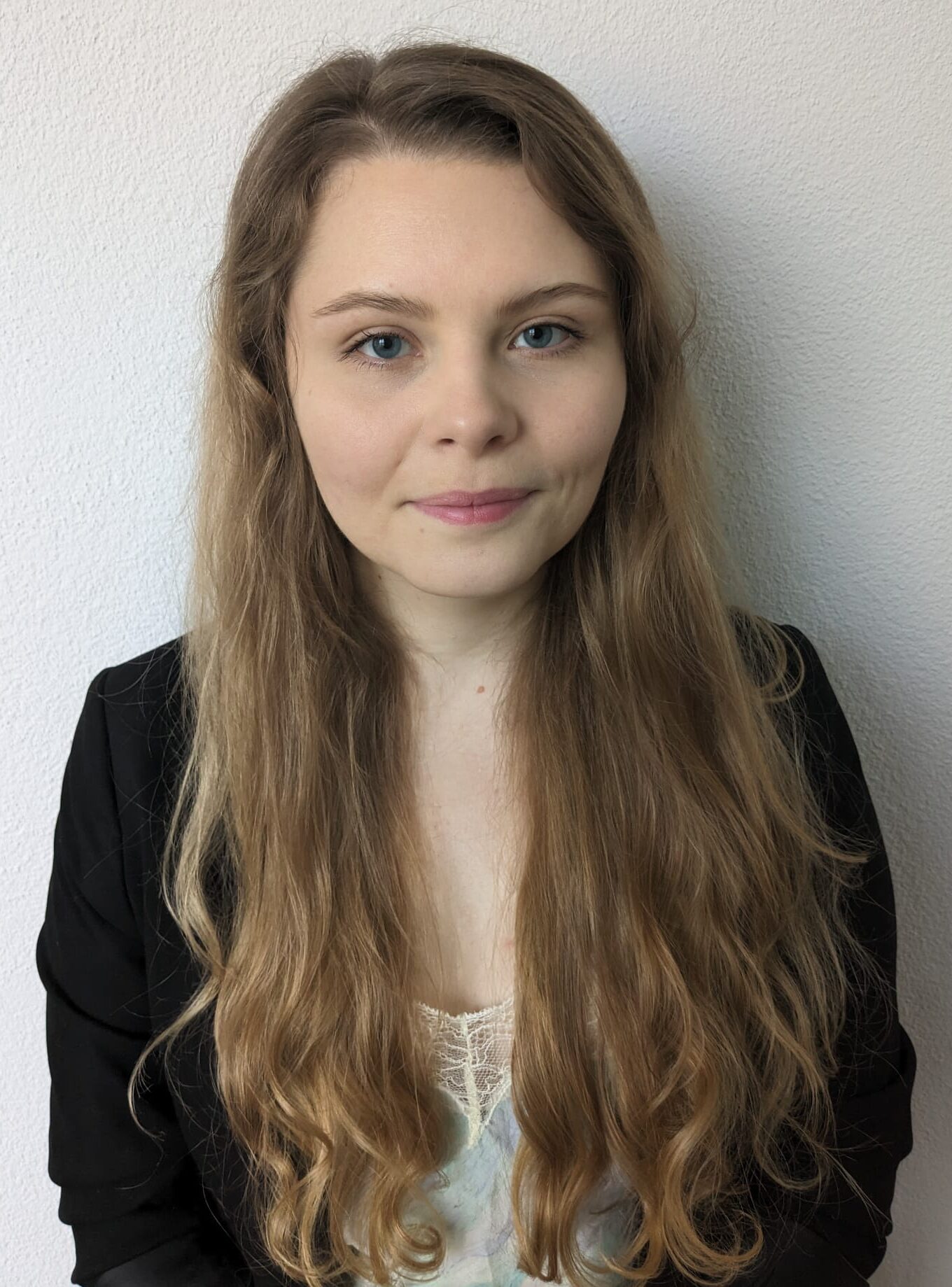
Dr. Ann-Kathrin Arend
Senior Scientist / Postdoc
Department of Psychology
Hellbrunner Strasse 34, 5020 Salzburg, Austria
Tel.: +43 662 80445164
E-Mail:
Web: https://www.eat.sbg.ac.at/team/ann-kathrin-arend
Bluesky: @AnnKathrinArend.bsky.social
Consultation hour: on appointment
Research group: Eating Behavior Laboratory Salzburg
Education:
- 2018-2022 PhD Psychology at the Paris Lodron Universität Salzburg
- 2016-2018 Master Psychology at the Paris Lodron Universität Salzburg
- 2013-2016 Bachelor Psychology at the Paris Lodron Universität Salzburg
Academic Position:
- since October 2023 Senoir Scientist at the Department of Psychology, Paris Lodron University Salzburg (75%) and Postdoc in the FWF-funded project “Cognitive affective Mechanisms of Food Biases Trainings” [P 34542-8] (25%)
- 2022-2023 Postdoc in the FWF-funded project “Cognitive affective Mechanisms of Food Biases Trainings” [P 34542-8] (50%) and at the Department of Psychology, Paris Lodron University Salzburg (50%)
- 2018-2022 PhD student in the ERC-funded project “ Transdiagnostic view on eating disorders and obesity and new approaches for treatment”; CCNS (Centre for Cognitive Neuroscience), Department of Psychology; Division of Health Psychology, Paris Lodron University of Salzburg
- 2018 Student assistant Department of Psychology; Division of Health Psychology, Paris Lodron University of Salzburg
Research:
Since my bachelor’s studies, I am interested in eating behavior. For my master thesis, I researched the interactive influences of social and emotional context factors on eating behavior in everyday life, applying ecological momentary assessment (EMA). My dissertation revolved around nomothetic (psychometric, experimental and naturalistic paradigms) and idiographic (Just-in-Time Adaptive Interventions; JITAIs) approaches of emotional eating research across the eating disorder spectrum. My research focus still lies on emotional eating and potential moderating factors of the emotion-eating relationship in healthy, obese and eating disordered individuals. I employ smartphone based assessment and intervention technology (EMA, EMI, JITAI), experimental designs (emotion induction, picture ratings), psychophysiological measures (EMG, EOG, ECG) and clinical diagnostic interviews (SCID, EDE).
Key publications:
- Arend, A.-K., Kaiser, T., Pannicke, B., Reichenberger, J., Naab, S., Voderholzer, U., & Blechert, J. (2023). Toward Individualized Prediction of Binge-Eating Episodes Based on Ecological Momentary Assessment Data: Item Development and Pilot Study in Patients With Bulimia Nervosa and Binge-Eating Disorder. JMIR Medical Informatics, 11, e41513. link
- Arend, A.-K., Schnepper, R., Lutz, A. P. C., Eichin, K. N., & Blechert, J. (2022). Prone to food in bad mood—Emotion‐potentiated food‐cue reactivity in patients with binge‐eating disorder. International Journal of Eating Disorders, 55(4), 564-569. link.
- Arend, A.-K., Blechert, J., Pannicke, B., & Reichenberger, J. (2021). Increased screen use on days with increased perceived COVID-19-related confinements–A day level ecological momentary assessment study. Frontiers in Public Health, 8, 1062. link.
- Google Scholar Profile
- Orcid Profile





